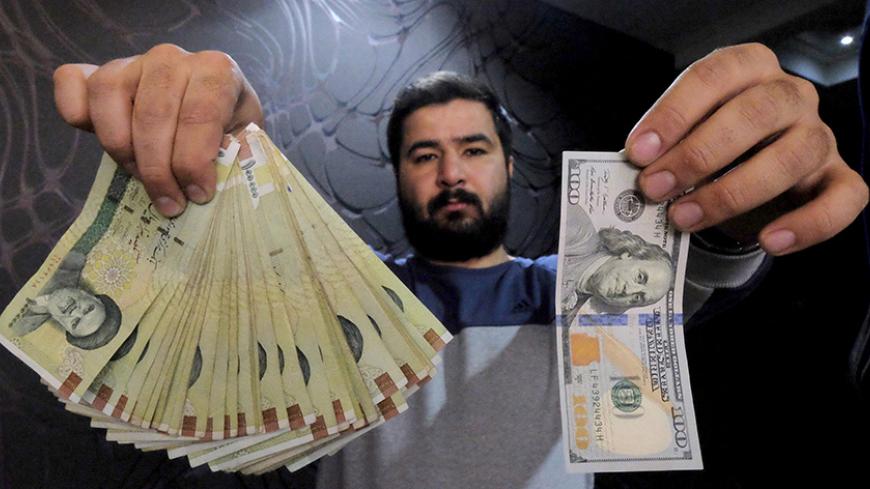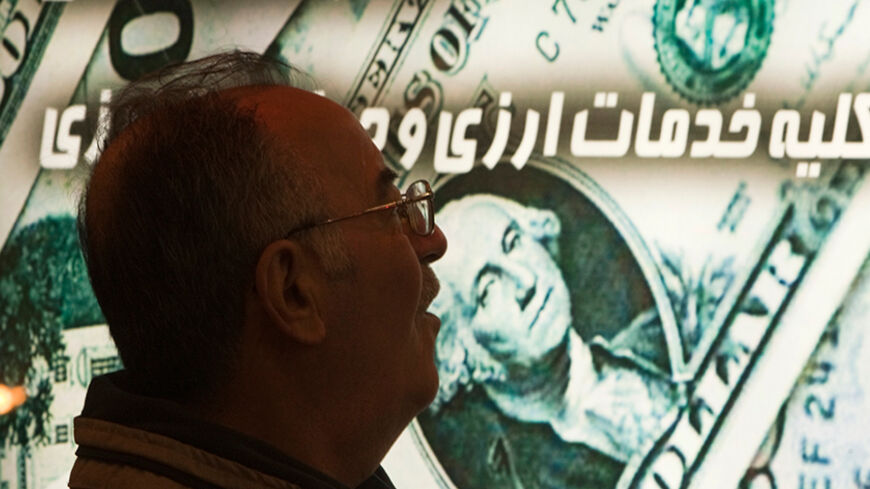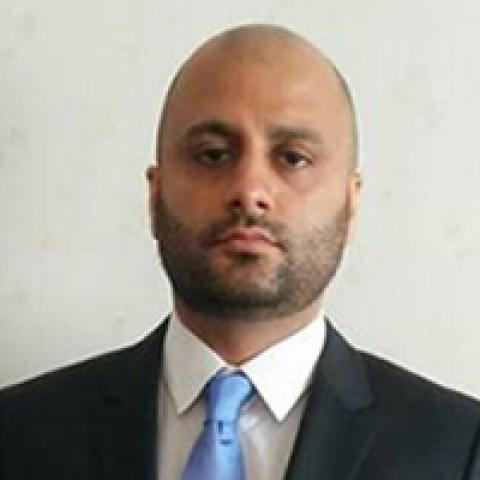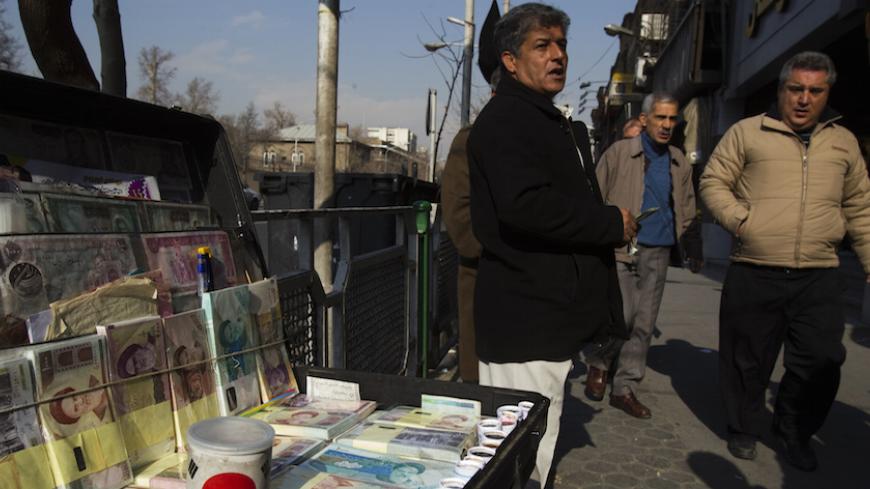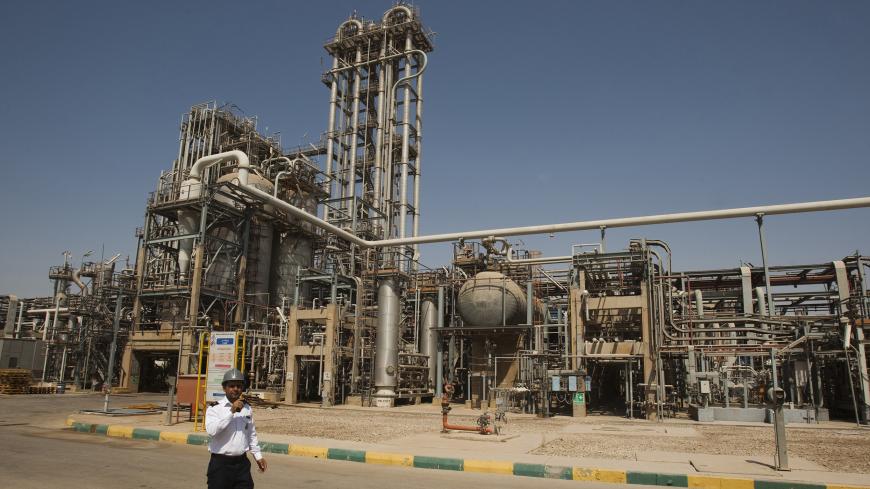Rouhani faces ballooning expectations at home in post-sanctions era
Economic expectations are high in Iran following the recent nuclear deal, but President Hassan Rouhani has warned against "immediate, but harmful" interests.

TEHRAN, Iran — Ali, a resident of the Iranian capital, holds a master’s degree in chemical engineering. Despite his efforts, he has not yet been able to find a job related to his degree or even his field of interest. “Since the sanctions intensified, oil and chemical companies have been laying off people. To find a job under these circumstances, you need to be a well-experienced expert. Now, with so many students graduating with chemistry degrees and the like every year, finding a job is getting more and more difficult.” Ali says chemistry graduates, in particular, have been greatly affected by the sanctions. He told Al-Monitor that, previously, a job offer in Assaluyeh — home to onshore facilities and the petrochemical industry associated with the giant South Pars gas field — “used to be among the worst.” This is due to the combination of the humidity and high temperatures in this southern coastal town, combined with air pollution. However, Ali said that these days, “It is difficult to find a job even there.”
Following the restrictions imposed on Iran’s oil exports, banking system and petrochemical sector, the Iranian economy went through one of its worst periods since the 1979 Islamic Revolution. Leading international oil and gas companies refused to extend their contracts. This left room for lesser known Chinese firms, which eventually secured market share as they circumvented sanctions in a bid to maximize profit-making and monopolize Iran’s energy market.



